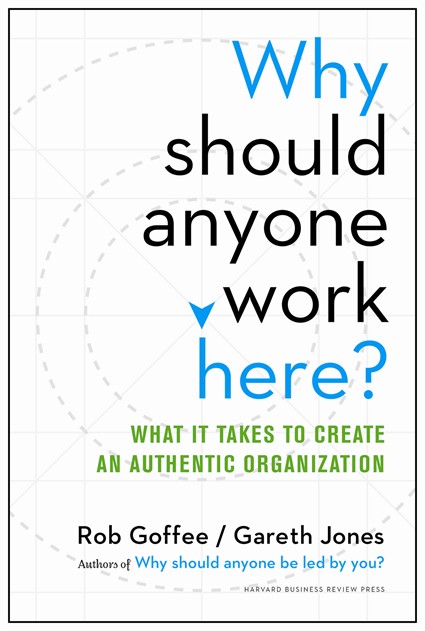The Diversity Dividend: How Balancing Your Leadership Team Can Pay Off
The call for greater diversity at senior leadership levels is not new, although it has itself become more inclusive, extending beyond gender, race and ethnicity, to encompass age, education, socioeconomic background and sexual orientation, as well as experience, skills and talent.
It is also not news that diversifying leadership teams can pay financial dividends for corporations. As early as 2004, research by Catalyst, Inc. showed a significant positive correlation between financial performance and female representation at the executive leveli with female Board representation having an even stronger effect.
Most recently, a new international study by McKinsey & Co.ii showed that companies with gender diverse leadership are 15% more likely to report financial returns above their national industry median, while those with ethnically diverse leadership were 35% more likely to have financial returns that outpace their industry. Sadly, none of the 366 public companies surveyed stood out as leaders on both gender and ethnic diversity axis together.
In spite of the long-established case for balancing executive teams, the C-Suite has remained stubbornly homogeneous. Only 4.6% of chief executives of S&P 500 companies are women, and there are just six black CEOs of Fortune 500 companies currently.iii Progress has been made, but slowly and inconsistently. In their recent study mentioned above, for example, McKinsey & Co. notes that women now represent about 16% of executive teams in U.S. companies overall, calling that “measurable progress” but acknowledging that women remain underrepresented at senior levels globally.
Hi there! This article is available for free. Login or register as a StrategyDriven Personal Business Advisor Self-Guided Client by:
Subscribing to the Self Guided Program - It's Free!
About the Author

References
i. “The Bottom Line: Connecting Corporate Performance and Gender Diversity” January 15, 2004 Catalyst, Inc.
ii. “Why Diversity Matters” By Vivian Hunt, Dennis Layton, and Sara Prince McKinsey, & Co. January 2015
iii. “Is there a diversity dividend?” Linda Yueh, Chief Business Correspondent, BBC News January 25, 2015 http://www.bbc.com/news/business-30973184
iv. World Economic Forum Annual Meeting, January 2015 http://www.weforum.org/events/world-economic-forum-annual-meeting-2015/sessions/diversity-dividend


 Organizations are not always what they seem or communicate. That is not to say individuals within the organization are not professional, polite, or enjoyable to work with. Rather, policies governing development, compensation, rewards, and advancement are subject to the overriding biases of the organization’s culture. Consequently, most organizations will outwardly espouse a performance-based recognition and rewards program yet many take obvious action of rewarding individuals on some other basis.
Organizations are not always what they seem or communicate. That is not to say individuals within the organization are not professional, polite, or enjoyable to work with. Rather, policies governing development, compensation, rewards, and advancement are subject to the overriding biases of the organization’s culture. Consequently, most organizations will outwardly espouse a performance-based recognition and rewards program yet many take obvious action of rewarding individuals on some other basis. Sharon Drew Morgen is founder of Morgen Facilitations, Inc. (
Sharon Drew Morgen is founder of Morgen Facilitations, Inc. ( Visionary and lauded business accelerator Michelle Patterson is President of the Global Women Foundation and
Visionary and lauded business accelerator Michelle Patterson is President of the Global Women Foundation and